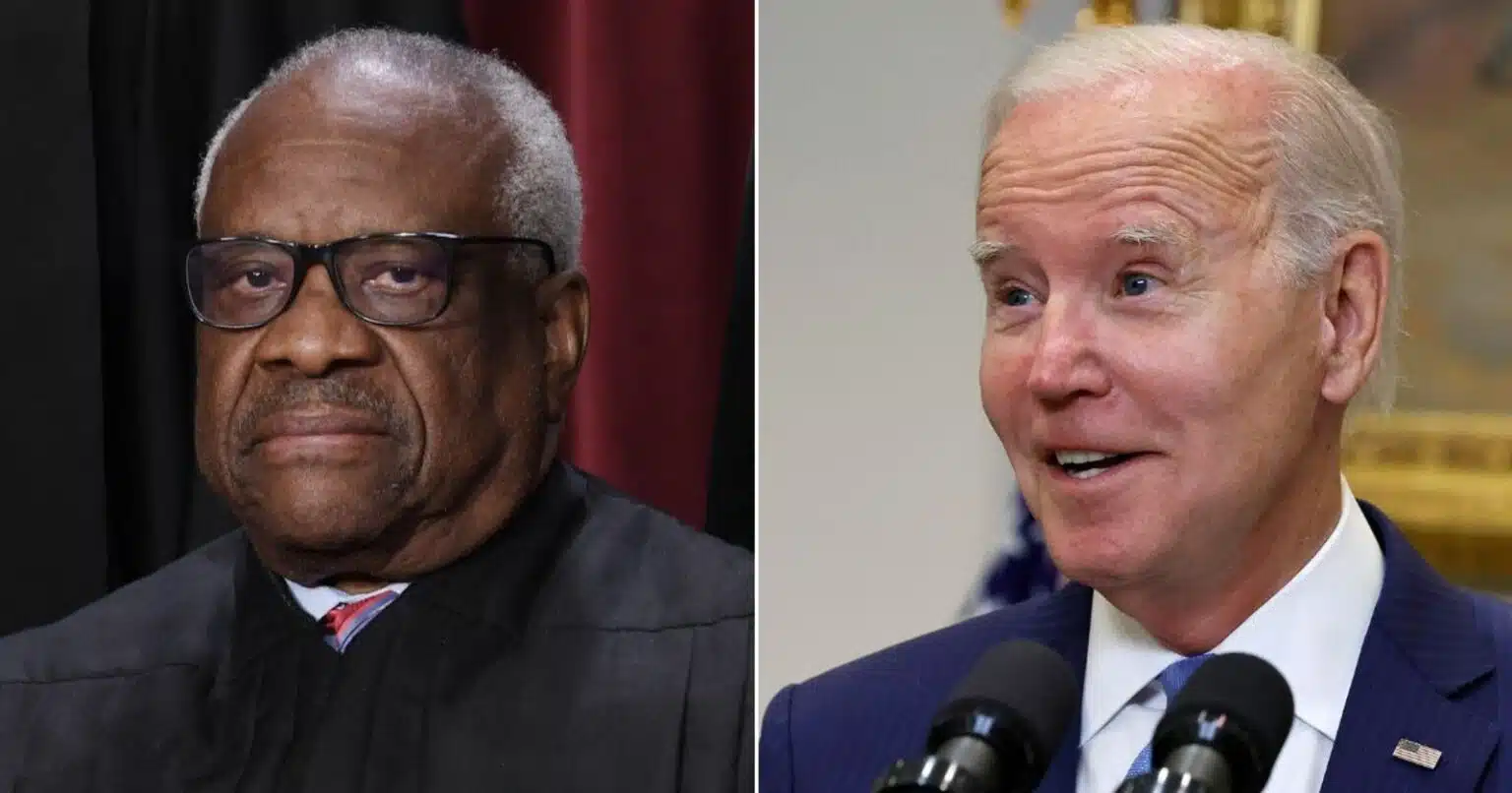The Supreme Court has declined to block a Biden administration regulation aimed at preventing legacy toxic waste from decommissioned coal plants from seeping into nearby groundwater. This decision comes as part of ongoing litigation challenging the rule.
Supreme Court Declines Emergency Halt
In a brief order, the Court denied East Kentucky Power Cooperative’s request to temporarily halt the rule, which targets “coal ash” — a byproduct of coal plants that contains hazardous substances like mercury and arsenic. The rule mandates that coal plants closed before October 19, 2015, take measures to prevent coal ash from contaminating local groundwater.
Although the Supreme Court offered no explanation for its decision, and no dissents were noted, this refusal does not confirm the rule’s legality. Instead, it reflects the Court’s position that lower courts should resolve the challenges first.
The East Kentucky Power Cooperative argued that compliance would impose “unrecoverable costs.” However, the Biden administration contends that the regulation is necessary to protect public health and the environment from toxic contamination.
Hawaii Gun Case: A Delayed Decision
In another significant case, the Supreme Court opted not to review a Hawaii Supreme Court ruling that conflicts with its previous Second Amendment decisions. The Hawaii court had upheld a state law restricting the public carry of firearms, claiming it aligns with the “spirit of Aloha.”
Justice Clarence Thomas, joined by Justices Samuel Alito and Neil Gorsuch, criticized the Hawaii ruling for defying the Supreme Court’s Second Amendment precedent. However, they agreed not to intervene at this time, citing procedural issues.
Thomas remarked that Hawaii’s court “failed to adhere to the U.S. Supreme Court’s interpretation of the Second Amendment,” but acknowledged that further action must await an “appropriate case.”
Justice Gorsuch, in a separate statement, noted that if Hawaii’s highest court maintains its stance, the Supreme Court may revisit the issue in the future.
Broader Implications for Gun Control
The Court’s recent activity highlights the ongoing tension between state-level gun control laws and the Supreme Court’s expansive interpretation of the Second Amendment.
In October, the Court upheld a federal law barring gun possession by individuals under domestic violence restraining orders. Chief Justice John Roberts wrote, “Since the founding, our Nation’s firearm laws have included provisions preventing individuals who threaten physical harm to others from misusing firearms.”
Balancing Environmental and Constitutional Concerns
The Supreme Court’s refusal to block the Biden administration’s coal ash rule underscores its cautious approach to intervening in environmental regulations. Meanwhile, the decision to defer action on the Hawaii gun case reflects its willingness to address state-level gun laws when appropriate cases arise.
Both cases illustrate how the Court is navigating politically charged issues that impact public health, safety, and constitutional freedoms.
